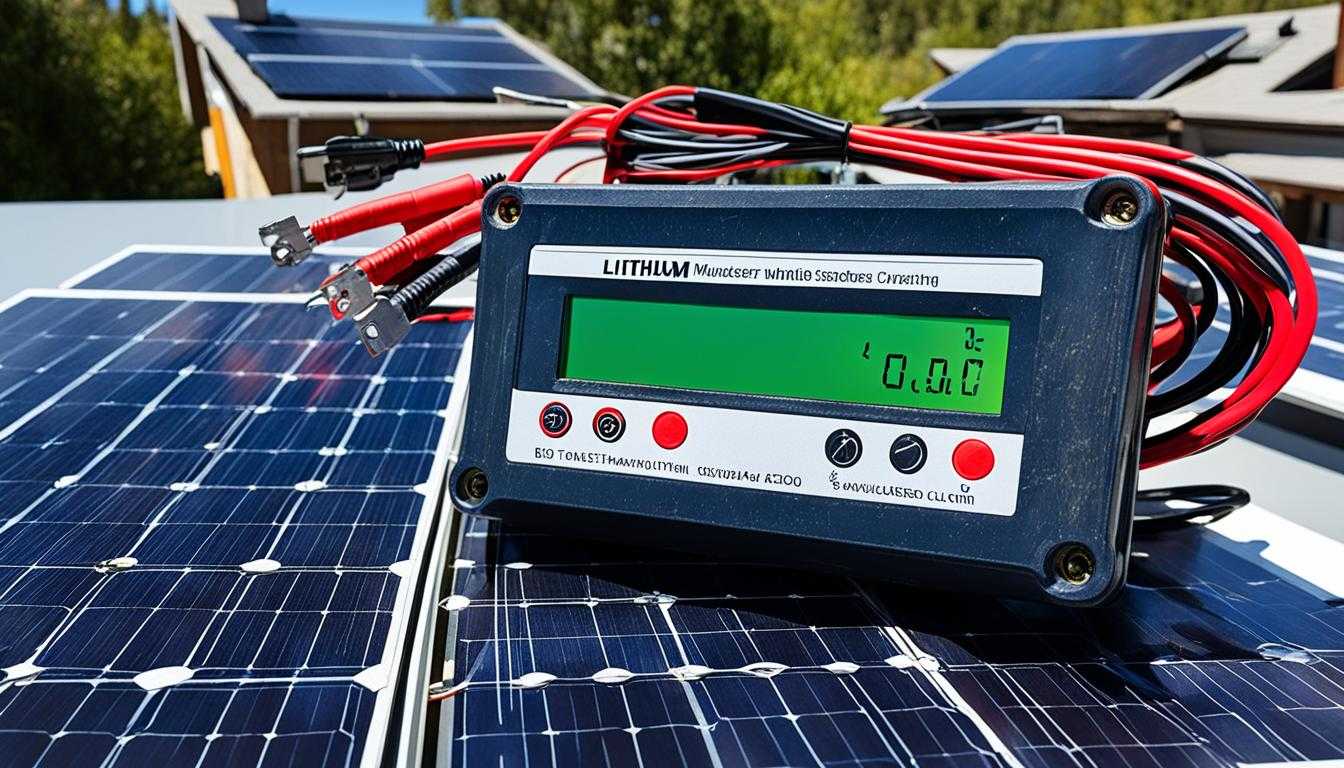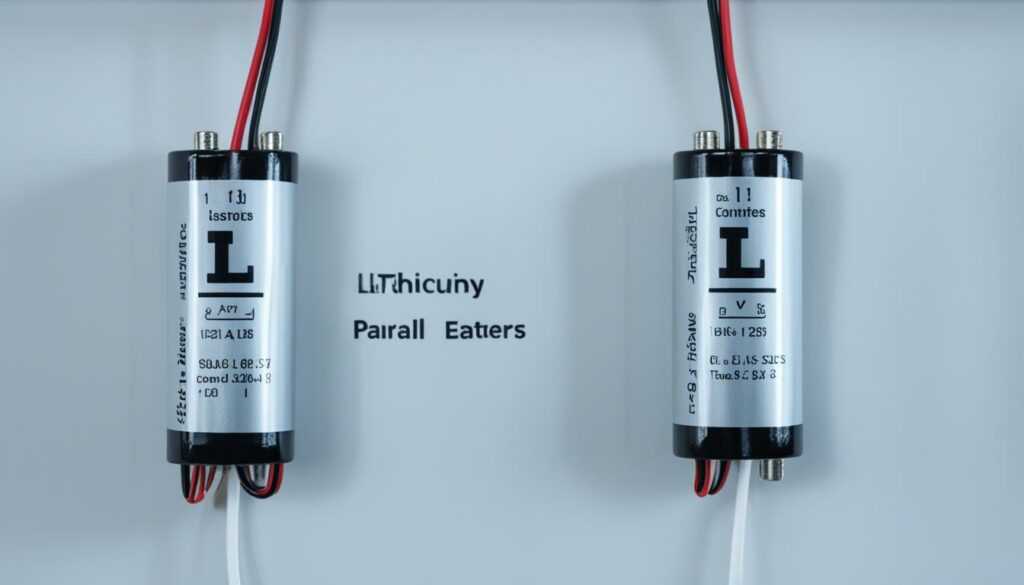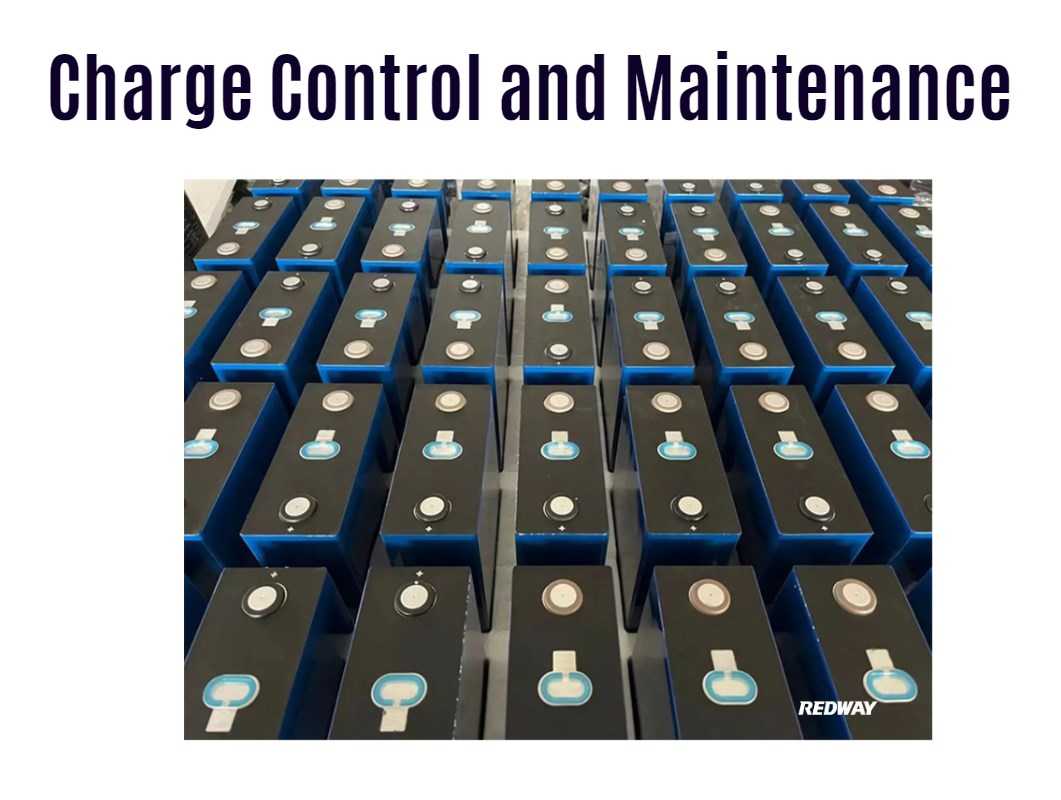Connecting lithium solar batteries in series or parallel is essential for customizing energy storage systems. In a series connection, the voltage increases while the capacity remains the same, making it suitable for high-voltage applications. In a parallel connection, the capacity increases while maintaining the same voltage, ideal for longer run times.
Understanding Series and Parallel Connections
When setting up lithium solar batteries, understanding how to connect them in series or parallel is crucial for maximizing efficiency and performance. Below, we delve into the specifics of each configuration.
Series Connection
In a series connection, batteries are linked end-to-end. This configuration increases the total voltage while keeping the amp-hour (Ah) rating constant. Series connections are ideal for applications that require higher voltage levels.
Wholesale lithium golf cart batteries with 10-year life? Check here.
| Configuration Type | Voltage Increase | Capacity (Ah) | Example Application |
|---|---|---|---|
| Series | Yes | No | High-voltage solar systems |
Advantages of Series Connection:
- Higher Voltage: Ideal for systems that require more power.
- Simplified Wiring: Fewer connections can simplify installation.
Disadvantages of Series Connection:
Want OEM lithium forklift batteries at wholesale prices? Check here.
- Single Point of Failure: If one battery fails, the entire system is affected.
- Complex Charging Requirements: Balancing charge levels can be challenging.
Parallel Connection
In a parallel connection, batteries are connected across the same voltage source. This setup increases the total capacity while maintaining the same voltage. Parallel connections are perfect for applications requiring extended run times.
| Configuration Type | Voltage Increase | Capacity (Ah) | Example Application |
|---|---|---|---|
| Parallel | No | Yes | Long-duration energy storage |
Advantages of Parallel Connection:
- Increased Capacity: Allows for longer usage times without needing to recharge.
- Redundancy: If one battery fails, others can still operate.
Disadvantages of Parallel Connection:
- Complex Management: Requires careful monitoring to ensure even charging.
- Space Requirements: More batteries may require additional space.
Latest News
- Recent advancements in battery management systems have improved the efficiency and reliability of connecting lithium solar batteries in both series and parallel configurations.
- The growing demand for renewable energy solutions has led to innovations that allow users to customize their battery setups more easily.
- Regulatory changes are encouraging manufacturers to adopt best practices in battery installations, enhancing safety and performance.
Redway Expert Comment
At Redway Battery, we emphasize the importance of proper connections when integrating lithium solar batteries into energy systems. Whether you choose series or parallel configurations, our Lithium LiFePO4 batteries are designed for optimal performance and longevity. We recommend consulting with our experts to determine the best setup tailored to your specific energy needs.”
Relation to Home ESS (Energy Storage Systems)
The topic of connecting lithium solar batteries is particularly relevant when discussing Home Energy Storage Systems (ESS). These systems often require both series and parallel configurations to optimize energy storage based on household consumption patterns.For clients or importers looking for wholesale or OEM solutions in this category, we recommend our Redway Home ESS Battery System. This product offers flexibility in configuration and is designed specifically for efficient energy management.
Top Competitors in Lithium Battery Solutions
Here are five notable alternatives or competitors that offer lithium battery options suitable for various applications:
| Brand Name | Type of Battery | Lithium Option Available |
|---|---|---|
| Redway Battery | Lithium LiFePO4 | Yes |
| Tesla | Powerwall | Yes |
| LG Chem | RESU | Yes |
| Sonnen | Eco | Yes |
| Enphase | Enphase Storage | Yes |
By understanding how to connect lithium solar batteries effectively in series and parallel configurations, users can optimize their energy storage solutions, ensuring they meet their specific power requirements efficiently.








